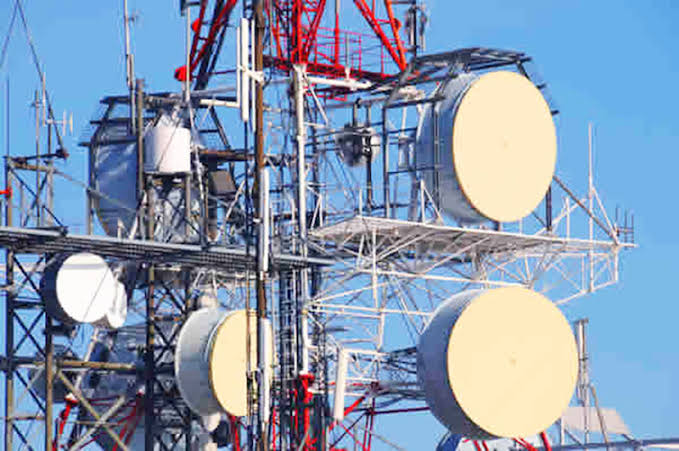Stakeholders in the telecommunications sector have vowed to challenge the Federal Government over the reintroduction of the five percent excise duty on telecommunications, gaming and betting services.
The reintroduction, it would be recalled, sparked outrage in the Nigeria’s Information Technology (IT) sector, as stakeholders prepare to challenge the policy in court.
Recall that the Federal Government introduced a new bill proposing a five per cent excise duty on telecommunications, gaming, and betting services as part of efforts to revamp the nation’s tax system.
The proposal, included in the “Nigeria Tax Act,” seeks to impose excise duties on a range of services nationwide.
The bill, titled “A Bill for an Act to Repeal Certain Acts on Taxation and Consolidate Legal Frameworks related to Taxation and Enact the Nigeria Tax Act to Provide for Taxation of Income, Transactions, and Instruments, and Related Matters,” was obtained from the National Assembly and is dated October 4, 2024.
The bill stipulates that a five percent excise duty will be levied on telecommunications services, both postpaid and prepaid, as regulated by the Nigerian Communications Commission. This duty will also extend to gaming, gambling, lotteries, and betting services across Nigeria.
According to the document, “Services, including telecommunications, gaming, gambling, betting, and lotteries however described, provided in Nigeria shall be charged with duties of excise at the rates specified under the Tenth Schedule to this Act in a manner as may be prescribed by the Service.”
In essence, all transactions involving these services will attract the excise duty once the bill is passed into law.
In their reactions, critical stakeholders have frowned at the reintroduction of the excise duty, while harping on the reasons why it was suspended in the first place.
Leading the charge is the national president of the National Association of Telecoms Subscribers (NATCOMS), Deolu Ogunbanjo, who has vowed to resist what he describes as an unfair financial burden on both the industry and consumers.
Ogunbanjo, in an interview as reported by LEADERSHIP, expressed concern that the excise duty would further exacerbate the economic strain on Nigerians, many of whom are already grappling with inflation and the high cost of living. According to him, the reintroduction of the tax would lead to increased telecom tariffs, thereby shifting the financial weight onto millions of subscribers.
“The five percent excise duty is not just about raising revenue for the government; it will have a ripple effect on the entire economy. Telecom services are essential to everyday life, and any increase in tariffs will impact the average Nigerian the hardest,” Ogunbanjo stated.
He also confirmed that legal action was being prepared to challenge the imposition of the tax, citing its potential violation of consumer rights and its broader economic impact.
Industry players, who will be impacted by the reintroduction of the excise duty, have echoed Ogunbanjo’s concerns. They argued that the move could lead to higher operational costs, which would likely be passed on to consumers.
This, in turn, could reduce access to telecommunications services, particularly among low-income households, further deepening the digital divide in the country.
An industry source who spoke on the condition of anonymity said, “The industry is already heavily taxed, and this additional burden will hurt growth. More so, it will lead to an increase in service costs, meaning Nigerians will bear the brunt of this decision.”

